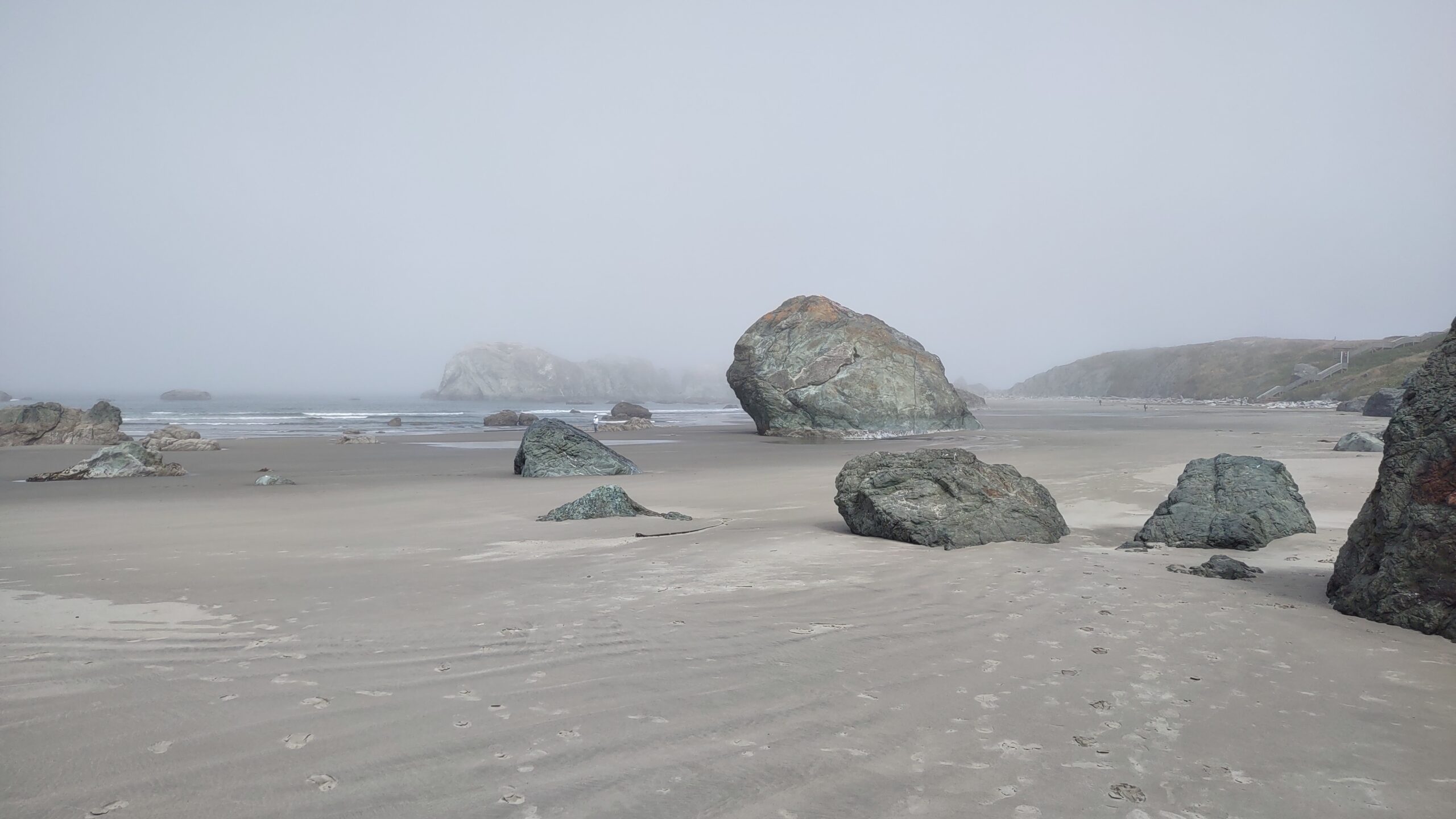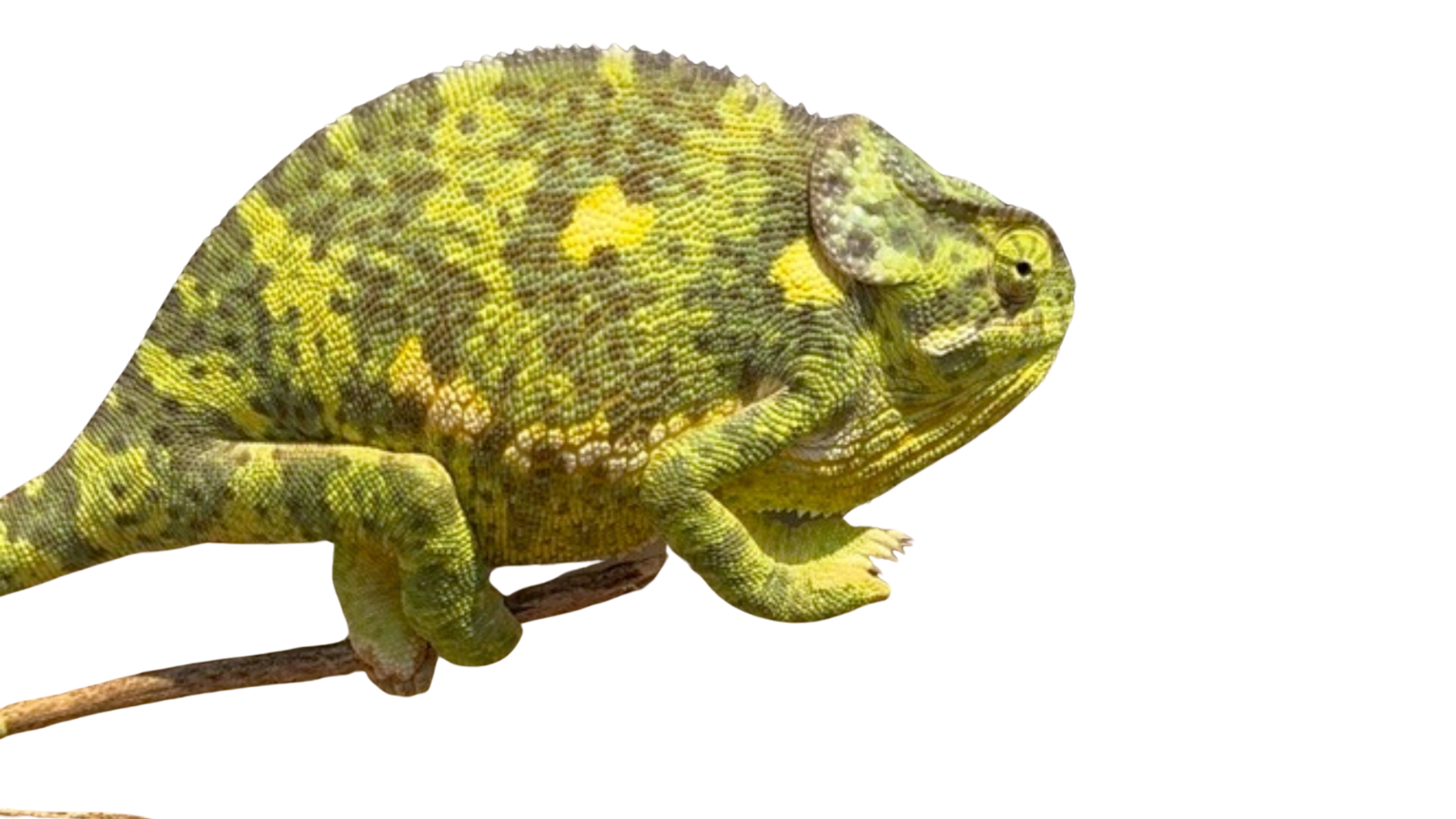
These are the pastures created by the best minds in grazing management.
08
About fifteen years ago, I was talking to Eunice Williams about my ambitions around grass management.
“Did you hear that, Bud?” she said. “This one is interested in grass.”
“Uh-oh,” was Bud’s only reply.
I am starting to understand what they meant. Last week I wrote about how our instincts are not sufficient for the job of grazing management. This week I want to talk about how our ideas might be worse.
The first idea I want to deal with is the idea that we “can’t let the grass get away.” This idea is rooted in a fact about grass physiology; grass tends to have a higher feed value for livestock when it is more leaf and less stem and seedhead. Not enough grazing pressure is one of the things that can open the door to stems and seedheads. This is all true, and we all know it. But this is also where our ideas and our instincts can conspire to create bad management. We put the cattle into a paddock because it looks the way our ancestors wanted it to look. Then we think, “we can’t let it get away.” This stirs up our hunting instincts. We get an adrenaline rush, and we get scared that our grass is going to take off into the next county or swallow us whole. So we use our cattle like a club, and by the time we move them off a pasture, the grass is starting to look pretty sorry. Sure, my set stocked neighbors can graze grass pretty short. I used to think that if the grass was about the same height as my neighbor’s set stocked pastures, I would, at the very least, not do worse than they are doing. Wrong. For whatever reason, when I am rotating, I just can’t graze it as short as they can when they are set stocked.
The next way our ideas lead us astray: we get it in our head that we are now ‘grass farmers,’ that our goal is now to grow grass. I know that this is the whole idea, but the problem is we figure we are going to show the world (and especially ourselves) how good we are at growing grass. If we don’t understand how grass works, then this can be a real problem. Because when the grass gets to be one foot tall, we start to get optimistic. When it is two feet tall, we really think we are smart and start a blog. When it gets three feet tall, even though we still know we’re really smart, our smile quivers a little. By the time it gets four feet tall, we are in a panic. Since we are nervous, we need to make the livestock eat down all that crap. Til it’s gone. So we don’t waste it. We need to see this as an anxiety response.
When the little feathery wisps of new growth finally appear after what seems like an eternity, that is when we get our hit of hunter-gatherer warm and fuzzy feelings, and we feel like it was all worth it. Again, our ego-based ideas and our evolution-induced feelings work together to create bad management, and we congratulate ourselves for being really smart. But the cattle disagree. That’s the problem; when we are controlled by either are instincts or our ideas, we don’t bother asking the cattle and the grass what makes good management. We still stop at the ideas and the feelings, but what about the results?
So what am I saying? It’s too tall? It’s too short? Yes. Most rotational grazing that I see (and honestly that I have done myself) failed in one of these two ways. One of the points that Bud was making in his cryptic way is that there is a whole universe between these two ideas.
Ideas always contain the seeds of their own undoing. To avoid this problem, we have to look at the extremes. As Bud said, “You need to go too far before you can know you’ve gone far enough.” To do this, I am going to spend the next few weeks talking about extremes in grazing management. I will call this my “Thinking Persons Guide Series.” Hopefully, after everything I said about how our thinking fails when it comes to grazing, you will recognize that this is tongue-in-cheek. I will start this all off next week with The Thinking Person’s Guide to Set Stocking. Then, to hit the other extreme, I will move to Mob Grazing. This is all building towards a discussion of how I managed grass during this fantastic season.

